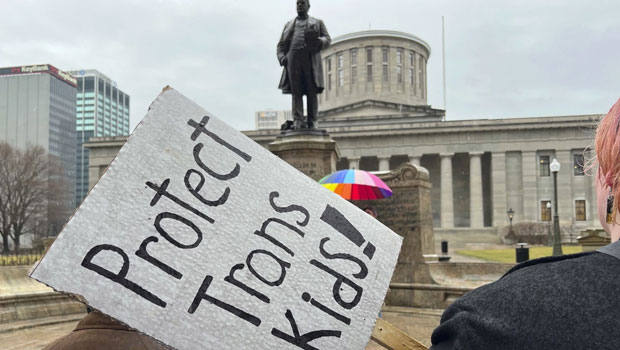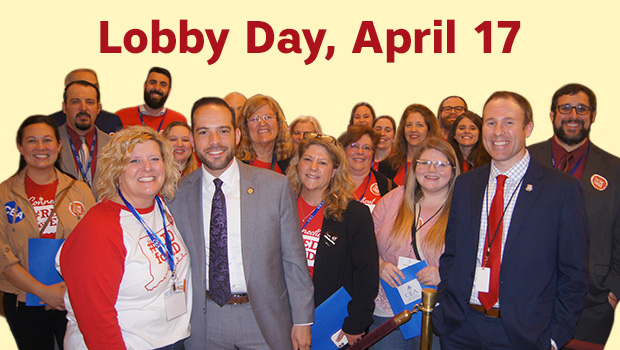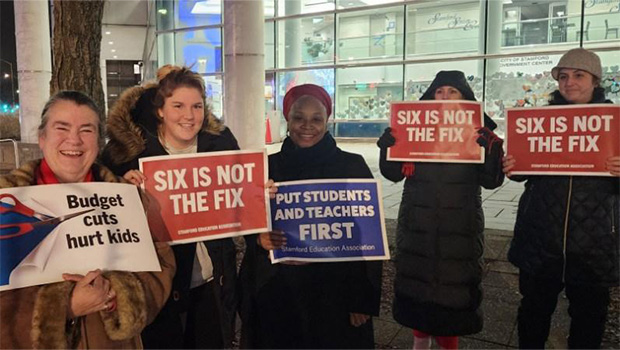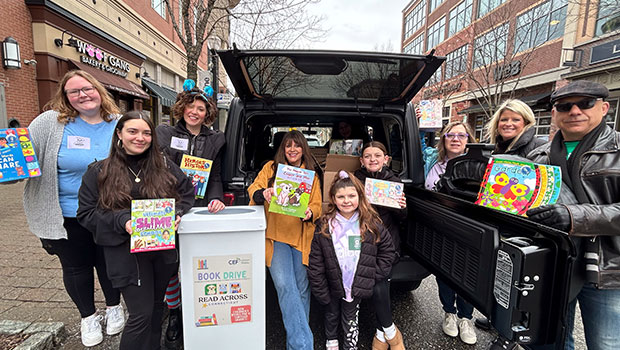Biden’s new Title IX rules protect LGBTQ students, but trans sports rule still on hold
The new rule makes “crystal clear that everyone can access schools that are safe, welcoming and that respect their rights,” Education Secretary Miguel Cardona said.






